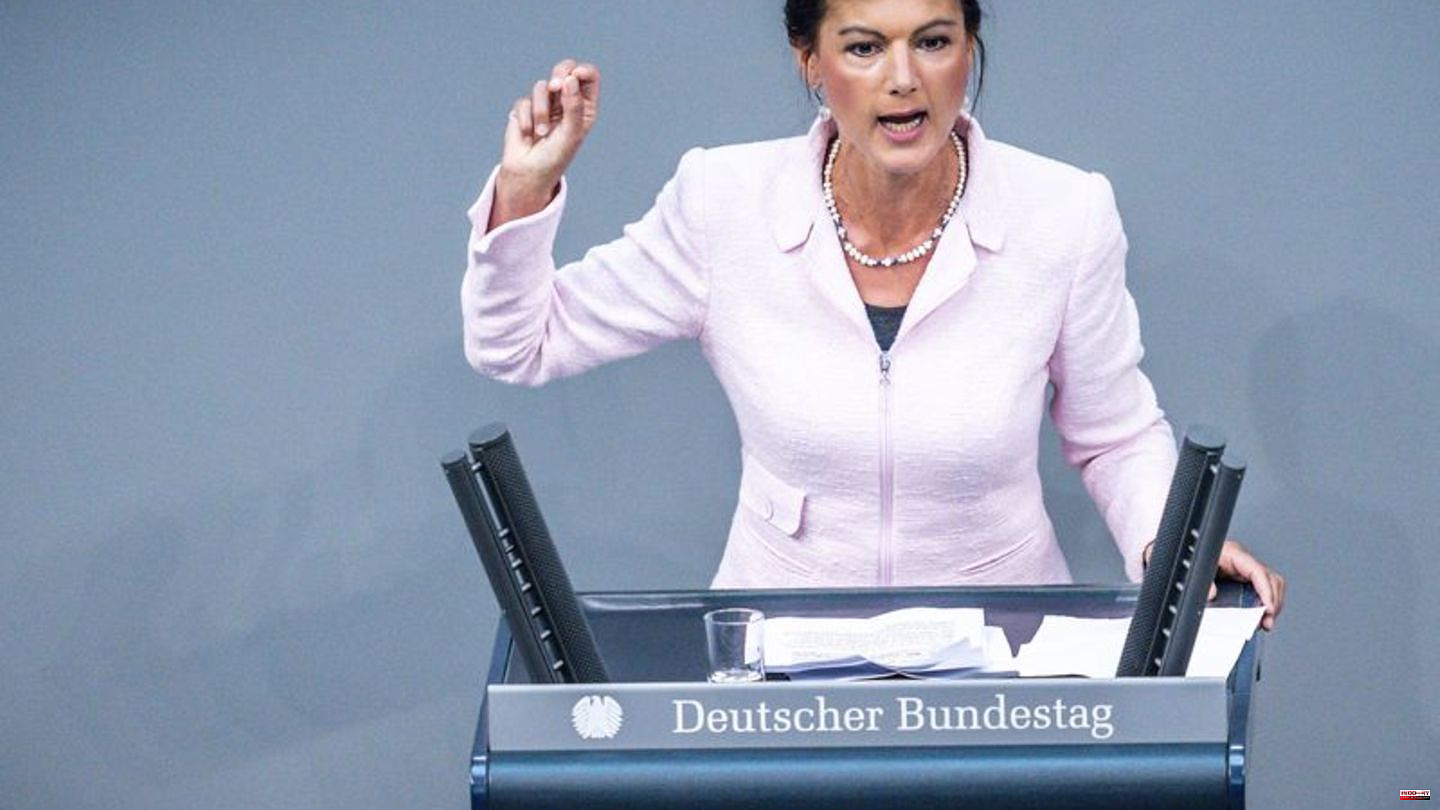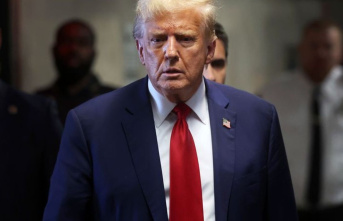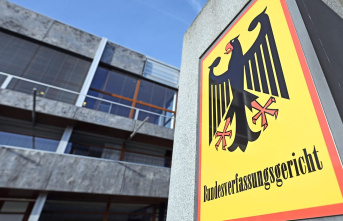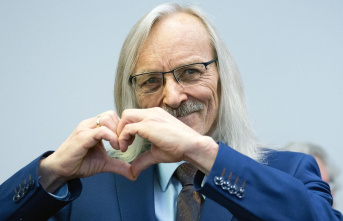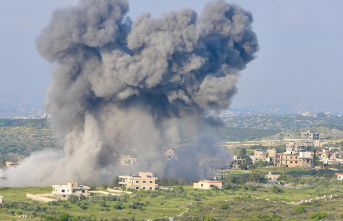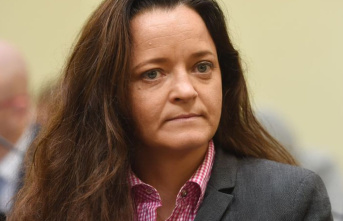Left-wing politician Sahra Wagenknecht has defended her controversial Bundestag speech on stopping sanctions against Russia against criticism from her own ranks. "I have rarely received so much approval from the population after a speech as in this case," said the former parliamentary group leader of the German Press Agency. The basic dispute in the left is not settled. Group leader Dietmar Bartsch warned of "attempts to split".
In a speech last week, Wagenknecht accused the federal government of "starting an unprecedented economic war" against Russia. She called for an end to the sanctions imposed because of the Ukraine war and the continued import of cheap raw materials and energy from Russia. The party leadership and several left-wing politicians kept their distance. Ulrich Schneider, general manager of the Paritätischer Gesamtverband, resigned from the party because of the speech.
"I don't understand what the task of a left-wing opposition party is"
Wagenknecht countered: "Anyone who has a problem attacking the government sharply and accusing it of its catastrophic policies, which threaten millions of people with poverty and social decline, has not understood what the task of a left-wing opposition party is." In an interview with "Zeit Online" she also attacked party leader Martin Schirdewan: "A party leader who confuses the parallel universe of his Twitter bubble with the mood of the population is the wrong choice."
Critics accuse Wagenknecht of not representing the majority opinion of the party. There have already been conflicts in the past over their attitude towards migration and the corona vaccination. Now it's about party congress resolutions that emphasize solidarity with Ukraine and approve certain sanctions against Russia. The parliamentary group leaders Bartsch and Amira Mohamed Ali are accused of having chosen Wagenknecht for the speech.
"It's the task of the parliamentary group leadership to ensure that something like this doesn't happen again," Schirdewan demanded in the newspapers of the Funke media group. Schirdewan also said: "The resignation of Schneider and others is very painful and shows that the disregard of democratic decisions by individual MPs when they appear on behalf of the parliamentary group is causing massive damage to our party."
Open letter calls for Wagenknecht's exclusion
An open letter from three East German left-wing politicians calls for Wagenknecht to be expelled from the parliamentary group and for the leader of the group to resign. Group leader Bartsch, however, insisted on the unity of the party. "I will fight any attempts at division with all determination," he told the "Rheinische Post" and the "Bonner Generalanzeiger". He will do everything to ensure that the left "perceives its social task as the social opposition, especially in view of the chaotic politics of the traffic light government".
The open letter from the Wagenknecht critics had 2,450 signatures on Wednesday. In addition, there was a petition for Wagenknecht on the Internet, with a good 6,000 signatures by Wednesday. On Tuesday, former member of the Bundestag Fabio De Masi also announced his withdrawal from the party, citing "blatant failure on the part of the key players". Wagenknecht's speech was apparently not the decisive factor.
Criticism of Wagenknecht also came from the SPD. "She consciously supports Putin's story and thus makes herself his henchman," said the parliamentary director of the SPD parliamentary group, Katja Mast. "It's hard to believe that the left faction is letting this go. Political leadership for the benefit of our country looks different."

